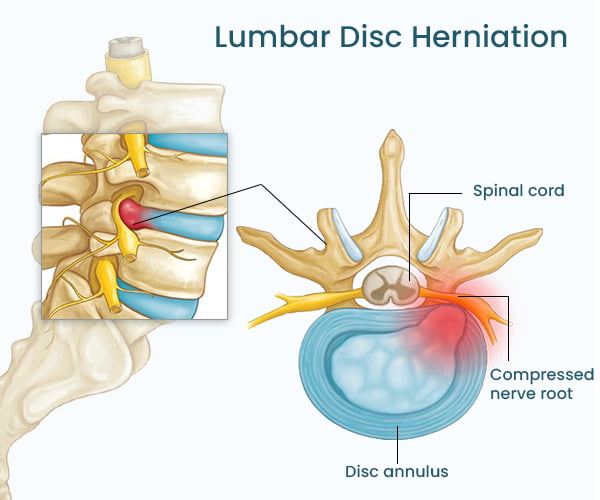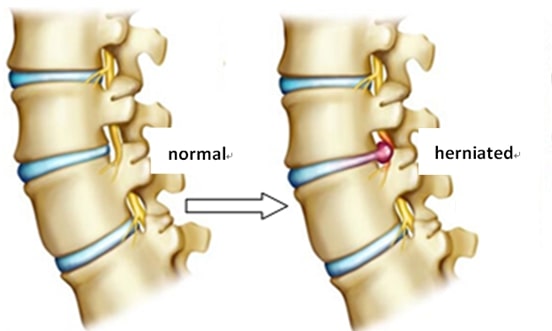When is Surgery Mandatory for Lumbar Disc Herniation?
While most cases of lumbar disc herniation improve with rest, medication, or physical therapy, ignoring severe nerve compression symptoms can lead to irreversible harm. Here are four non-negotiable signs that herniated disc surgery is necessary to protect your mobility and quality of life.

- Failed Conservative Treatments After 3+ Months
If long-term conservative therapies (pain management, epidural steroid injections, or physiotherapy) fail to relieve chronic back pain, numbness, or sciatica—and MRI/CT scans confirm nerve root compression—surgery becomes the next step. Delaying minimally invasive discectomy risks permanent nerve scarring. - Progressive Nerve Damage: Weakness, Foot Drop, or Numbness
Worsening neurological symptoms like foot drop (inability to lift the front of the foot), leg muscle atrophy, or “pins and needles” in the lower limbs signal critical nerve injury. Physical exams showing reduced reflexes or motor function, paired with imaging-confirmed compression, require urgent spine surgery to halt irreversible damage. - Complex Spinal Conditions (e.g., Spinal Stenosis or Bone Spurs)
Patients with lumbar disc herniation combined with spinal instability, degenerative disc disease, or bony overgrowths (osteophytes) often need spinal fusion or decompression surgery. These procedures address multiple issues simultaneously, restoring spinal alignment and relieving pressure on nerves. - Cauda Equina Syndrome: A Surgical Emergency
Sudden loss of bladder/bowel control, “saddle area” numbness, or severe bilateral leg weakness indicate cauda equina syndrome—a rare but catastrophic complication. Emergency spinal decompression within 24–48 hours is critical to avoid permanent paralysis, incontinence, or sexual dysfunction.
Why Timely Herniated Disc Surgery Matters?
Modern techniques like endoscopic microdiscectomy or laser spine surgery minimize scarring, reduce recovery time (often 2–4 weeks), and boast >90% success rates for pain relief. Delaying treatment increases risks of chronic pain, disability, or failed back surgery syndrome.



